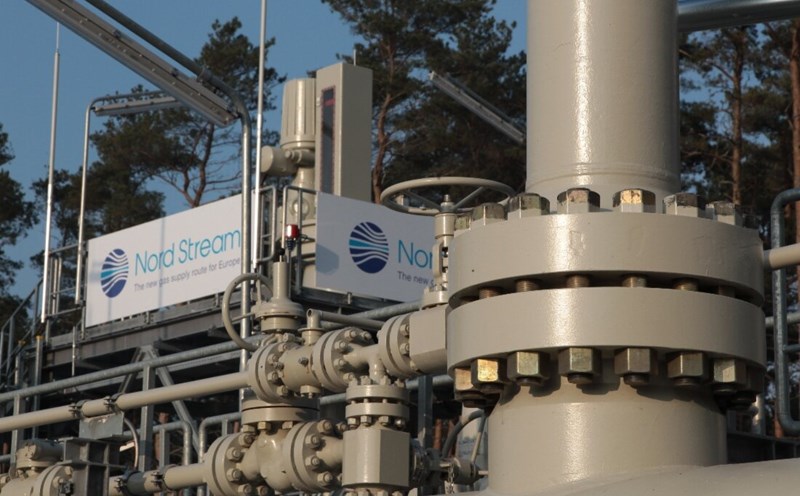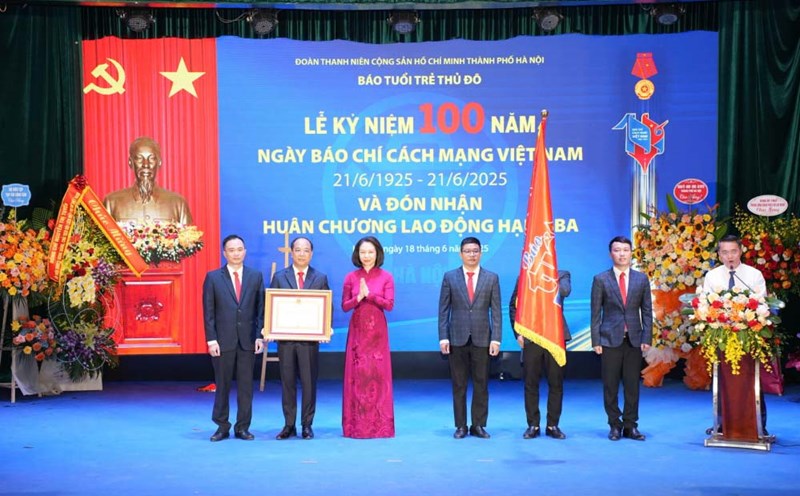US - UK: First agreement, "specialized treatment"
On the bilateral table with British Prime Minister Keir Starmer on June 16, President Donald Trump signed a tax reduction agreement with a number of strategic British products. Accordingly, the US has officially lowered import tax on British cars to 10% for the quota of 100,000 cars/year, instead of the 25% rate applied to other countries. The deal also relieves tariffs on the UK aerospace industry, including components and finished aircraft - a huge push for manufacturers such as Rolls-Royce and BAE systems.
However, many sensitive areas have not been resolved. The US will maintain a 25% tax rate on steel and aluminum, only a commitment that the exemption will be applied within the range will be determined by the US Department of Commerce later. He also agreed to open the market for 13,000 tons of US beef, provided that it meets strict food safety standards.
British Commerce Minister Jonathan Reynolds called this a big win for the UKs auto and aviation industry. However, he also admitted that some terms still need to be negotiated further. Notably, the UK is the first country to reach a clear tax deal with the US under President Trump's second term.
US - Canada: 30 days of " sprinting" for an economic - security deal
For host country Canada, no documents have been signed on the spot, but Prime Minister Mark Carney and President Trump have said they will complete a comprehensive economic-security deal within the next 30 days.
Canada is currently the largest supplier of steel and aluminum to the US and is subject to a 25% tariff on both items, along with the risk of increasing tariffs on cars and components. While Mr. Carney did not specify whether Canada would accept keeping part of the tax as requested by Mr. Trump, he emphasized that the two sides had entered a "profound negotiation phase" and were ready to "innovate economic and security relations".
US - Japan: Tightening supply chains, WTO remains the center
With Japanese Prime Minister Shigeru Ishiba - the only Asian leader in the G7, the US has not announced a specific tax deal, but the two sides have discussed in depth on strengthening the strategic mineral and semiconductor supply chain. Mr. Ishiba emphasized the importance of free, fair, and rule-based trade order, with WTO at the center, and said Tokyo was ready for bilateral dialogue with Washington to ensure nediscriminatory tax measures.
In trade negotiations with the US, the Japanese side wants Mr. Trump to remove a 25% tariff on Japanese cars and a 24% counterpart tax on other goods of this country. As a key partner in the Indo-Pacific region, Japan is expected to have more room to achieve tax exemptions or incentives in a more flexible direction.
In addition, Mr. Ishiba also proposed that the G7 build a strategic export control mechanism in the high-tech sector, which Mr. Trump agreed in principle.
Due to deep disagreements between members, especially on trade and Middle East policy, this year's G7 summit will not issue a joint statement. Instead, the G7 group only issued concise, symbolic action statements. President Donald Trump left the G7 summit a day earlier than planned to return home to handle the Middle East issue.










